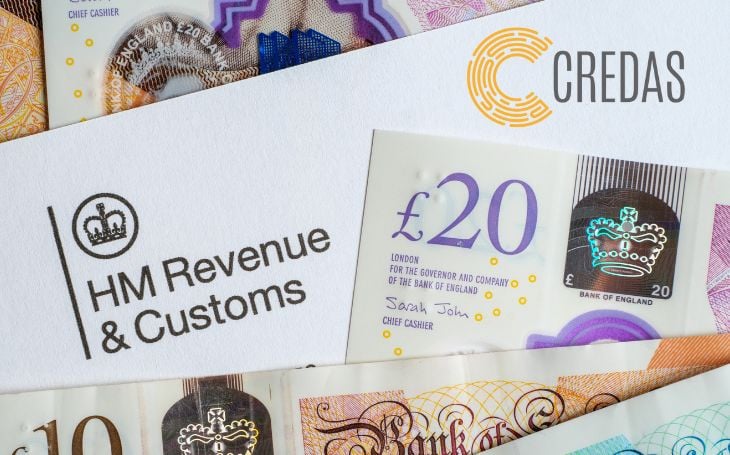
Big estate agency brands and property sector firms have experienced significant financial burdens due to the Economic Crime Levy (ECL), it has been revealed.
Identity verification software provider, Credas Technologies, has reported on the figures following a Freedom of Information request submitted to HMRC.
The data indicates that in the 2022/23 fiscal year, the ECL generated £15 million, with estate agents and letting professionals contributing £3.8 million. In 2023/24, the total revenue slightly decreased to £14.6 million, but contribution from the property sector was only marginally lower at £3.7 million.
Notably, the independent legal and professional sector accounted for £6 million in 2022/23 and saw a slight increase to £6.1 million in 2023/24.
Bigger firms, bigger bills
The ECL applies to firms in regulated sectors with annual UK revenue exceeding £10.2 million. The levy is structured in tiers based on revenue, with businesses in the highest bracket seeing their levy payments double from £250,000 to £500,000 as of 1st April.
These substantial financial obligations imposed on the bigger players in the property industry are further compounded by the costs associated with HMRC registration and compliance with anti-money laundering regulations.
The cumulative effect has intensified economic pressures on estate agents, many of whom are unable to recuperate these escalating expenses.

Tim Barnett, CEO of Credas Technologies, commented: “The Economic Crime Levy was introduced with the intent of bolstering efforts against financial crimes. However, our analysis reveals that it has placed a significant financial strain on the real estate sector, which is already grappling with substantial compliance costs. It’s imperative that these financial obligations do not stifle the very industries they aim to regulate.”
Firms must settle their ECL payments for the 2023/24 financial year by 30th September, adding to the mounting financial pressures in the sector.

